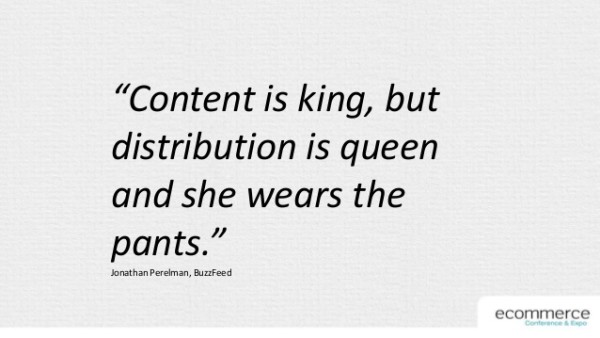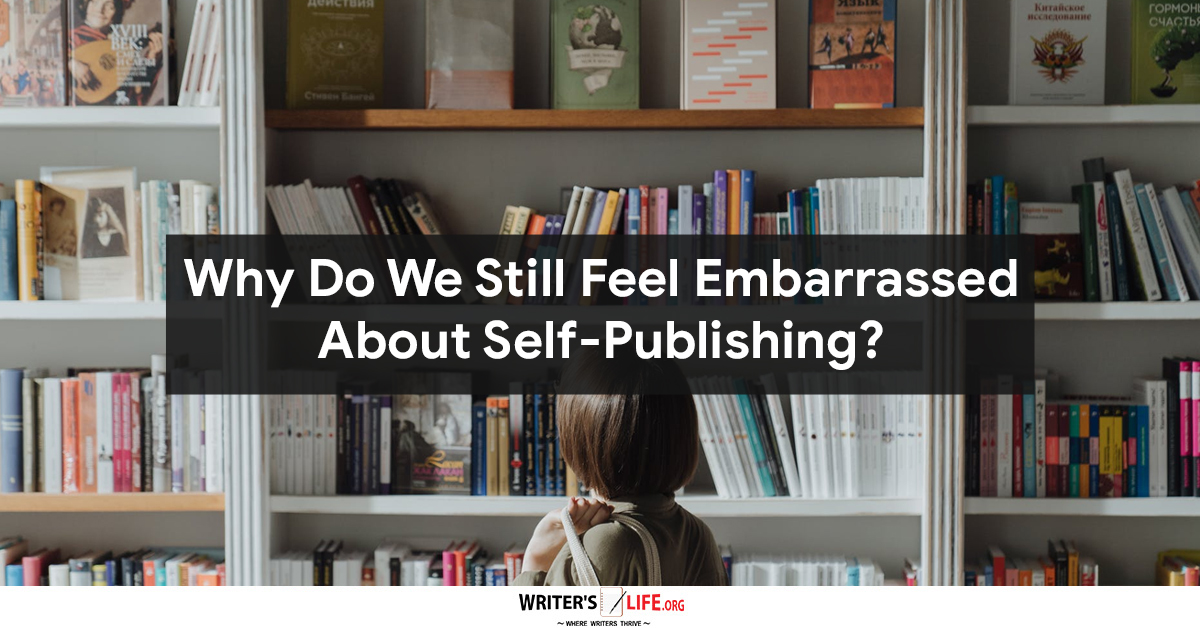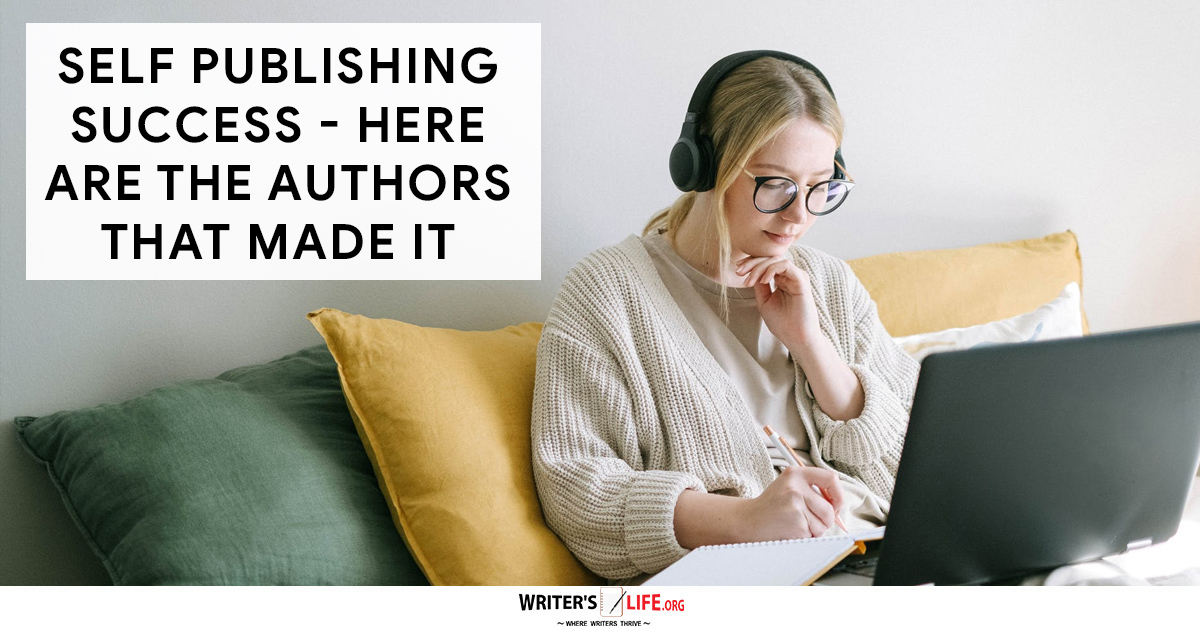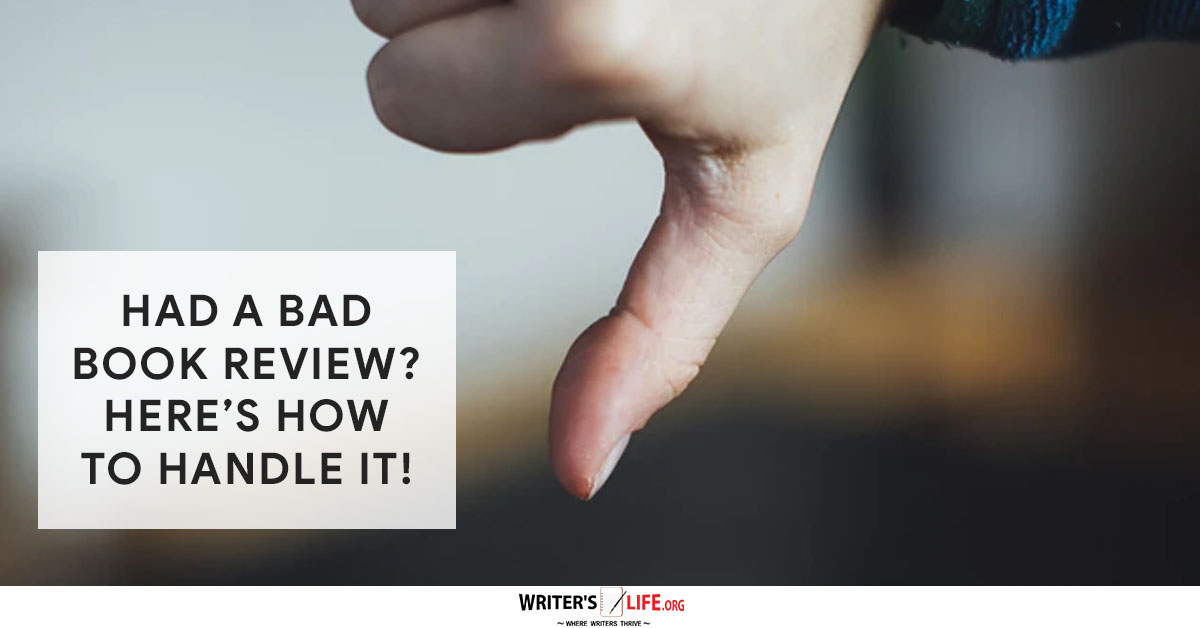- How To Tackle Jealousy In Creative Writing
- Common Submission Mistakes
- How To Stop Your Blog Becoming Boring
- The One Thing Every Successful Writer Has In Common
- How To Make Yourself Aware Of Publishing Scams
- Why Almost ALL Writers Make These Grammar Mistakes At Some Point
- 5 Tips For Authors On How To Deal With Rejection
- Top Mistakes to Avoid When Writing a Novel
- How to Avoid Common New Writer Mistakes
- 10 Mistakes New Fiction Writers Make
Should You Give Away Copies of Your Book?

Share, Pin or Retweet If You Love Writing.
Should you give away books for free? The value of book giveaways can’t be assessed by formula. The prevailing mythology suggests that the goal of publishing is to sell books, but the huge majority of indie publishers don’t do the math. Assuming you make (approximately) $5 per book, figure out how many you need to sell in an hour to make any kind of reasonable income.
Big publishers release 90–120 books each quarter through proven distribution channels. They have the funds to license the latest Disney princess story, and between perennial favorites (e.g. Dr. Seuss) and collections of (out of copyright) timeless classics, they’re prepared to move books in volume. Taking a “mutual fund” approach, they know that most of their books will go to the shredder, but if they can get one runaway hit (e.g. Harry Potter), the portfolio will be a win.
Indies typically have a single book, or perhaps a few more. They don’t have access to bookstore tables and tours, and they don’t print and distribute large volumes (20–30,000 copies) on spec. Assuming a typical book costs $4000 to produce (costs of professional editing, typesetting, and design), it has to sell 800 copies to break even—and this doesn’t return a penny for the time spent writing and researching.
I’m an enthusiastic indie publisher of 6 books; some are nonfiction and some are fiction. Here’s my take on book giveaways:
Start with a realistic assessment of whether you’re an artist or a business professional. If you wrote a novel—your way because that’s how you wanted to tell your story—you’re an artist. If you wrote a vampire romance novel or a javascript tutorial because you studied the demographics and psychographics of your target reader groups, identified vehicles for putting your work in front of them, and made some calculations around ROI, you have created a product for a market and are more of a professional. It’s not that you can’t be both, but publishing is a high-risk, high-competition, low profit per unit business that requires more of a strategy than “I hope readers like my work.”
I give books away all the time. I developed my own web-based eBook format for my sailing memoir; you can read it in its entirety with supplementary videos, photos, maps, and footnotes. You can read my writing style book here on my blog.
Why do I give these books away? Partially because readers sometimes purchase a hard copy — which brings me $5 and the joy of sharing my work. But mostly, it’s because these books are business cards. If someone reads my blog (over 100 free articles about writing, publishing, and book design), reads my story (which offers insights into my writing style, typesetting ability, personality, and cover design sensibilities), and implements the ideas in my writing style guide, I’ve got a good shot at earning the credibility that wins me a book production/coaching contract. That relationship-building exercise is 800 times more productive than one that leads to a book sale. I have other clients who are speakers; they sell thousands of books at the back of the room after their presentations. One sold 1000 copies at a single keynote.
Is your book a product, a relationship-builder, or a creative exercise? All are valid and valuable forms of expression, but conflating their purposes and hoped-for results will lead to disappointment.
As both an artist and a businessman, I give books away (or not) for various reasons. I met a 19-year-old girl who was working as a clerk at a marine store. She was fixing her boat up to go cruising so I handed her a hardcover copy of my sailing memoir. My only goal in presenting the book was to inspire. I met with a prospective editing client and handed him a copy of my style guide. It’s a cheap ($3.50) gesture to make, but it offers useful insights into how I approach writing and editing. Reading an editor’s books will help you decide if he or she is the right editor for you. My speaker clients give books to meeting planners all the time, but that’s so they can sell them to audience members. Sometimes, they make deals to bundle books with the speech so every attendee gets one automatically. Book giveaways are strategic measures—not something you do because the latest publishing article says you should.
What I don’t do is give books away to friends and anonymous, prospective readers. Any time I offer someone a free book outside of a business context, it never gets readbecause I’ve set the value (not just the price) at ZERO. Give a book to a friend and your friend will feel obligated to read it; that guilt factor sullies the book. I’d rather have my friend buy the book and then buy him a cup of coffee with the tiny profit I make. Those friends who aren’t interested enough to buy it won’t read it. Those who will will insist on paying for it. The others aren’t friends. Real friends know you paid for every copy, and will not ask you for handouts.
Should you give away books? The question, without context, is incomplete. Why do you publish? What are your goals? What’s your strategy? Book giveaways not backed by a plan will make free book hoarders happy, but they’re unlikely to further your goals as a writer or publisher.
This article by Dave Bricker was originally published with the title Book Givaways: Are They Worth It at http://theworldsgreatestbook.com/book-giveaways/#more-4471





























